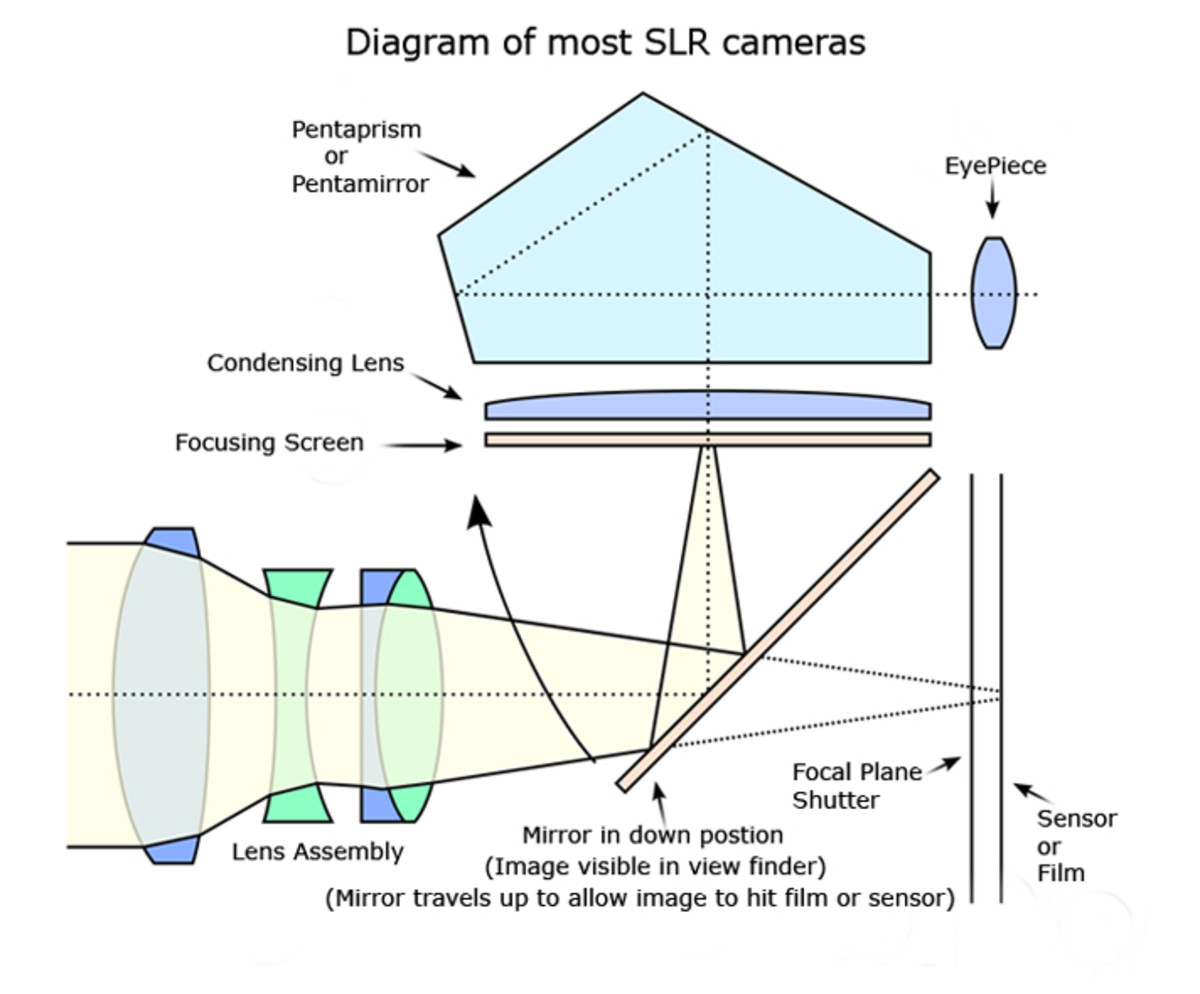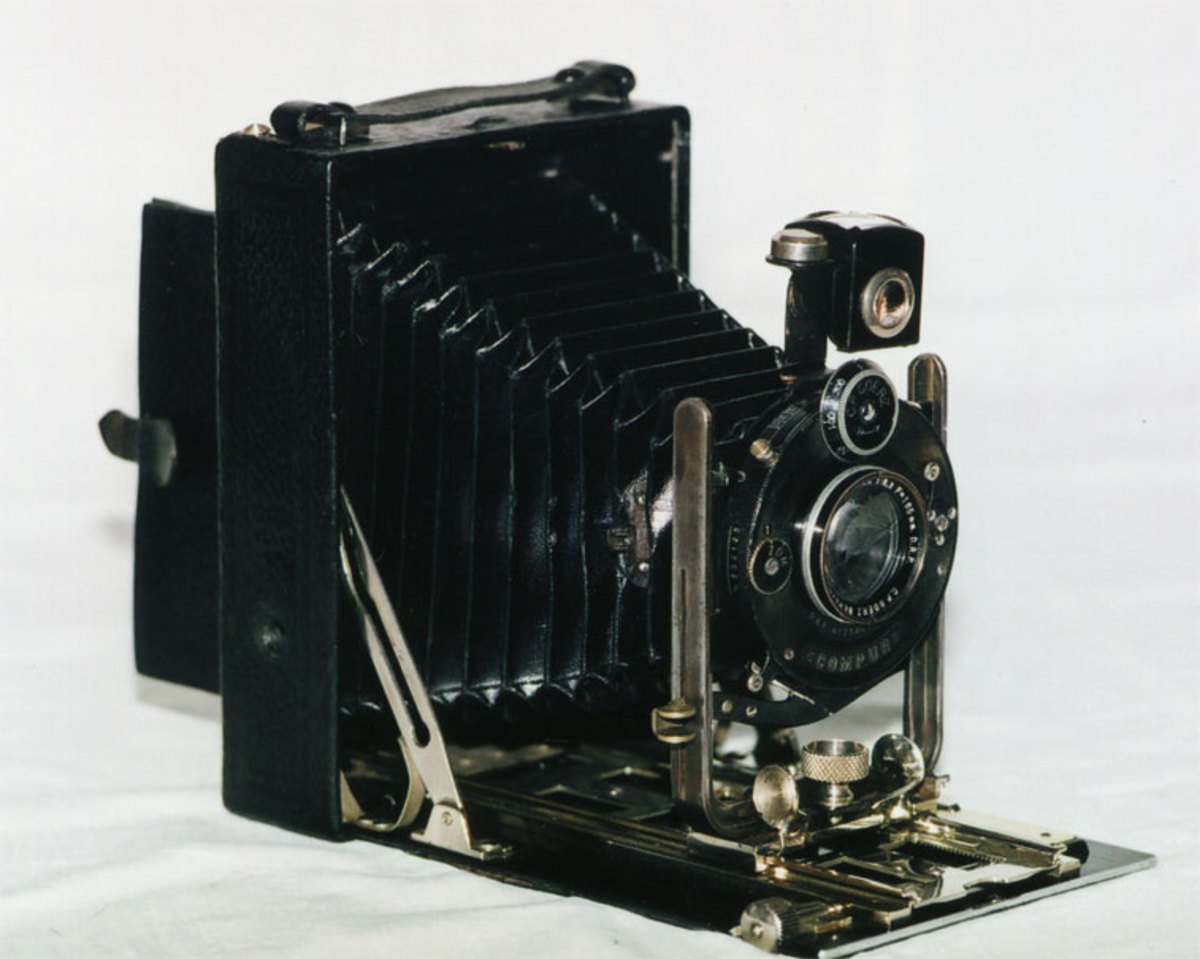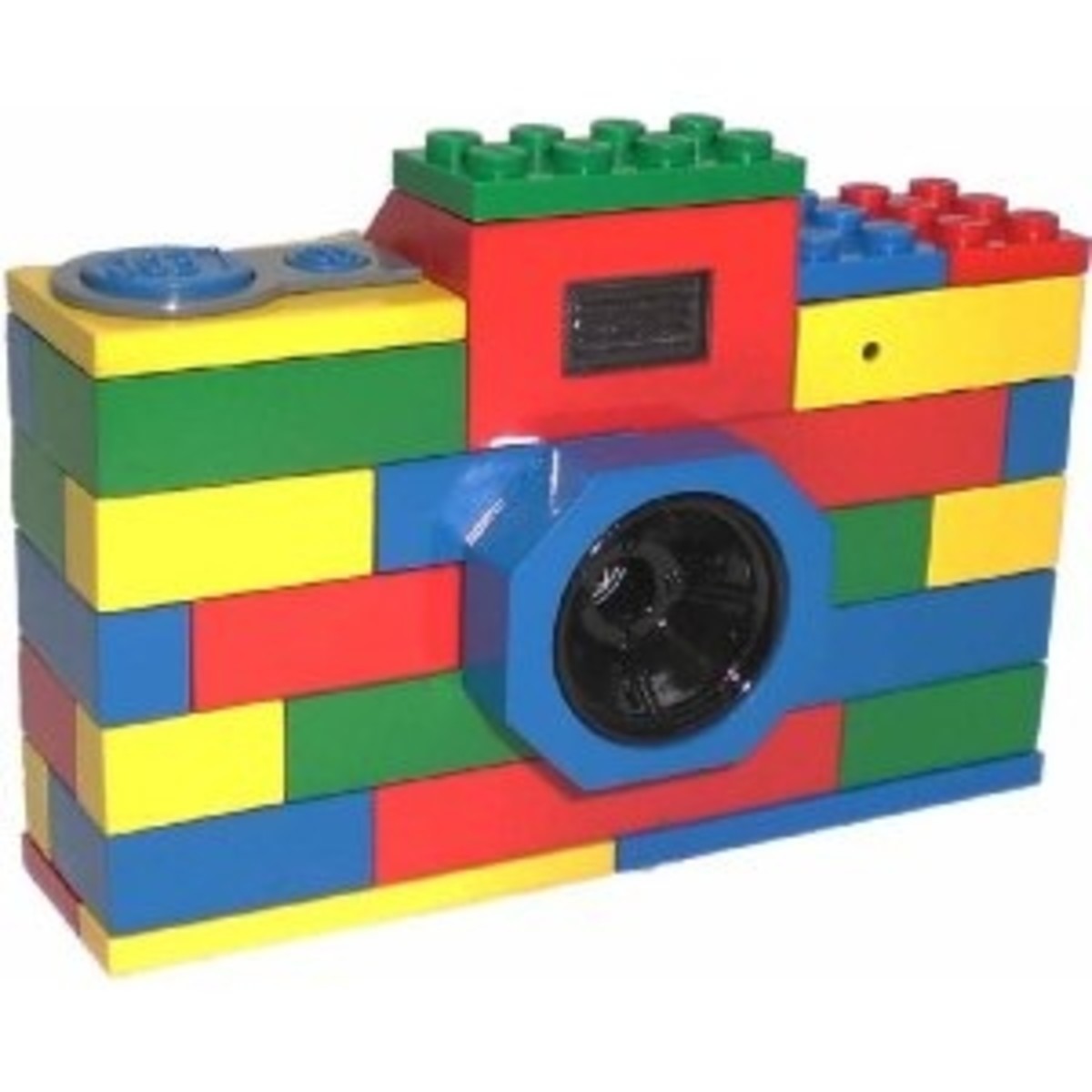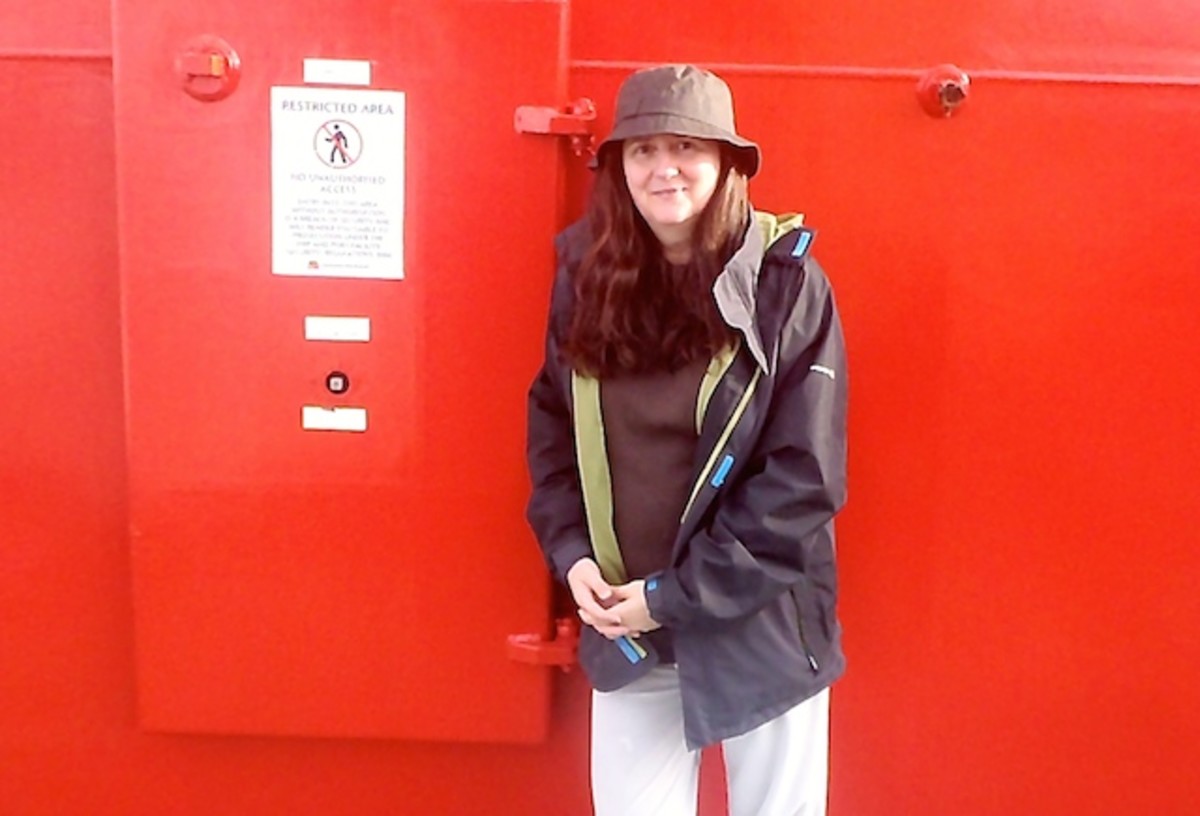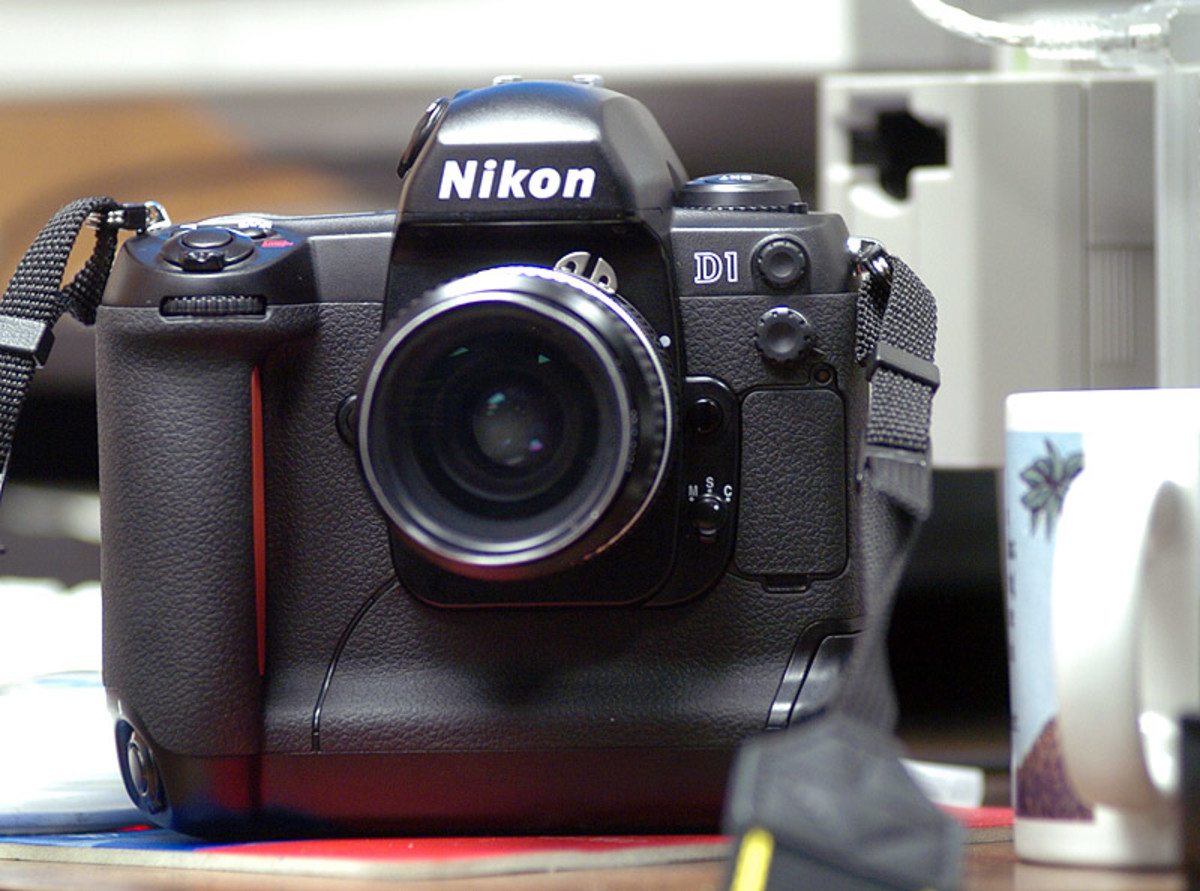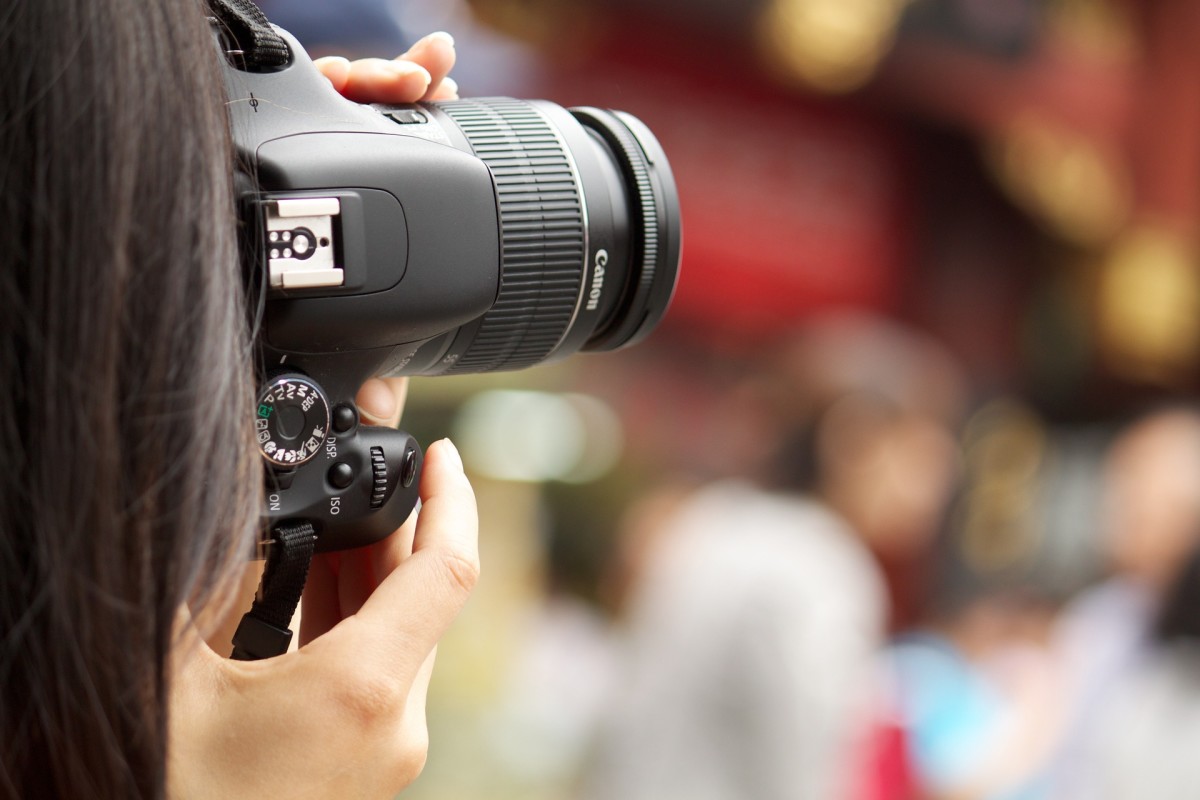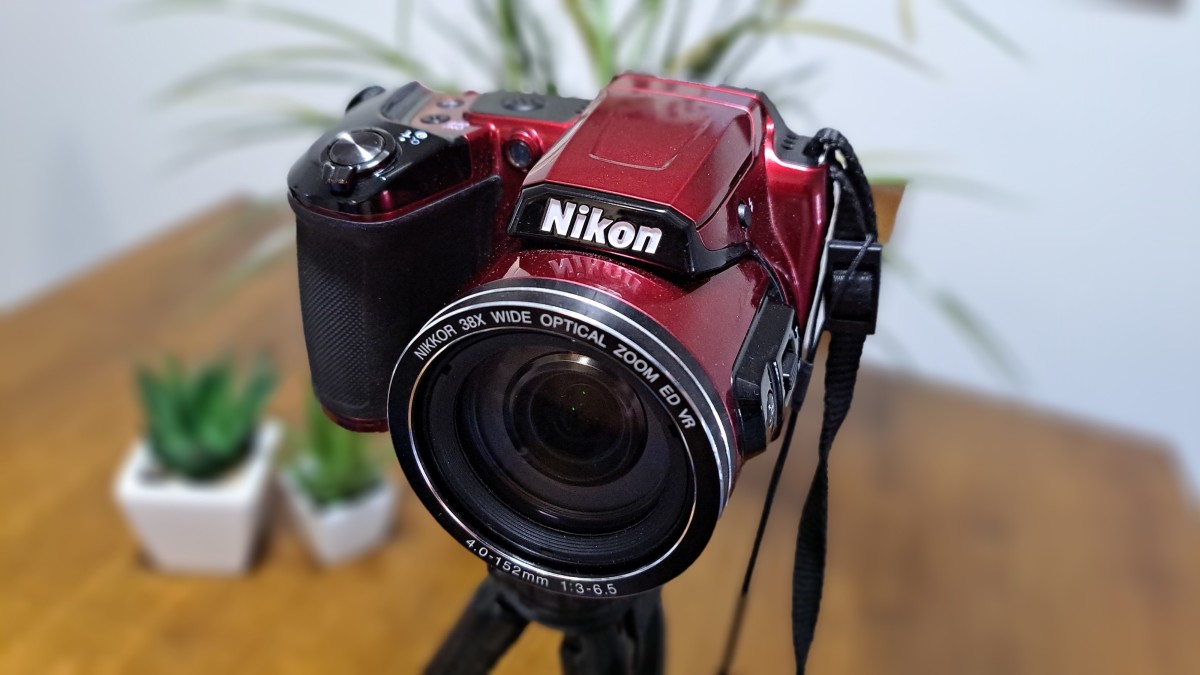- HubPages»
- Technology»
- Consumer Electronics & Personal Gadgets»
- Portable Electronics
Camera Basics - Why it is not all about Megapixels
Megapixels
I have been into photography for so long and I know that it is not all about megapixels. Most people brag about the megapixels of their camera or think that lower megaqpixel cameras are inferior to theirs but really they do not understand the whole concept. It isn't just about the megapixels and there are so much more factors that can affect the quality of the photo. Moreover, the megapixels really just give the capability of your camera when it comes to resolution. Although bigger resolution is very ideal, it is not what will decide the final quality of your camera's output.
If you are buying a digital camera make sure you consider the other qualities and features instead of just thinking about megapixels. Don't believe everything you see in the camera stores or in the internet about the new cameras the claim to be the best just because they have the most megapixels. There are people who buy high megapixel cameras but end up regretting their purchase once they get to use it and see the output in the long run. Here are some personal tips and recommendations I have when buying a digital camera.
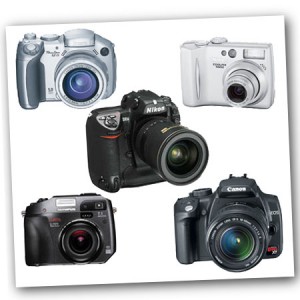
Camera Sensor Size
This is something that I consider to have a lot of significance when buying a digital camera. The camera sensor is what captures the image. Think of it as the film of the digital camera. Having a bigger sensor will mean better image quality, lower noise in low light situations, and at the same time it could work better with different kinds of lenses (when it comes to DSLRs).
The reason that camera makers do not advertise the camera sensor size is because sometimes their camera's sensors are too small. It is actually very useless to have a high megapixel when your camera has a small sensor. This is what happens with cellphone cameras when they claim that their cellphone models feature high megapixels but actually the sensor is very small thus still producing low quality photos that are just big in size.
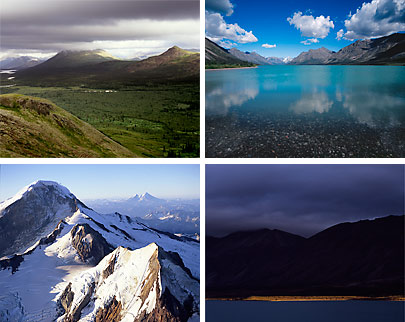
Lens
Read the specs and features of the camera you are planning to buy. Learn more about apertures and focal length. Bigger apertures (lower numeric value such as 1.8, 2.8) can give you better photos at low light conditions because more light is able to come in.
There is also a significant difference between optical zoom and digital zoom. Digital zoom merely zooms on the image while optical zoom really adjusts the lens in order to zoom. This is why the more optical zoom will give you better zoom quality than digital zoom. So make sure you don't get fooled by cameras that say they have a lot of digital zoom because chances are you won't even be able to use it because the quality will be substandard.
Basic Settings and Manual Control
If you want to take your photography more seriously then you should really understand the different camera settings basics like ISO, shutter speed, aperture, and white balance. Having full manual control to your camera can give you a more diverse experience in your photography and allow you to do more. There are many trippy photography effects you can work on if your camera has manual settings.
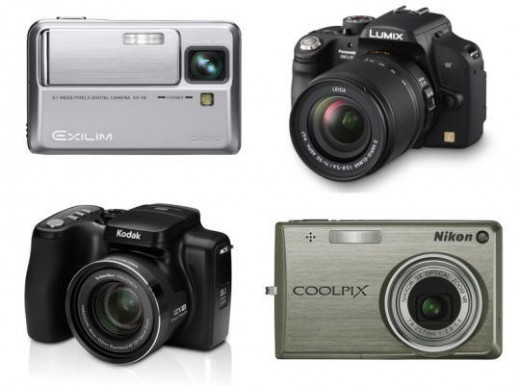
The bottomline
Talent is behind the camera. No matter what equipment you use or whatever megapixels your camera has it is all about you and your dedication to photography. If you really do take time to learn more about your camera then you will be able to use it to its full potential and that is what is important. There are many people who have expensive gadgets and photography equipment but can't really produce quality shots while there are those who have not that nice equipments but still get decent photographs.
Once you have gone through these tips and recommendations and you are already decided at buying a digital camera then it is time to think about what laptop you will be using for your editing needs and surely there is only one that is perfect for you: Cheap Macbook Pro Philippines.
If you liked this post then you might also like
- How to Create an IR filter for your Point and Shoot
First of all, it is not the same as thermal imaging because that uses far-infrared in the light spectrum whereas in infrared photography, near-infrared light is captured by a camera that is sensitive to... - Trippy stuff you can do with Adobe After Effects
Adobe After Effects is a powerful software that will revolutionize the way you edit your videos. From simple color correction to complex video manipulations, Adobe After Effects will be the tool that will...

